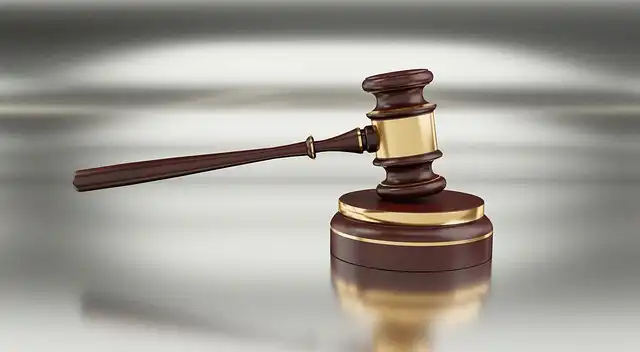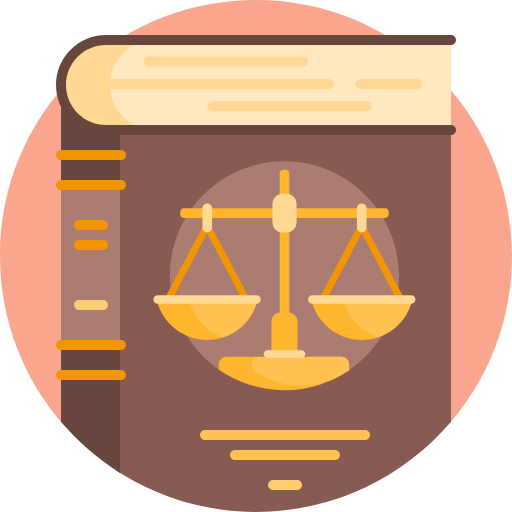AI in Law: Cautions and Implications

Generative AI's use in law demands caution. Legal professionals must carefully review AI-generated content to avoid errors and ethical breaches. Recent court cases highlight potential pitfalls and the need for oversight.
As much as generative AI can help in some areas, it doesn’t replace for the study and analytical abilities of experienced lawful specialists. Any person using it, whether a lawyer, a judge, or somebody that aids them, need to proceed with care and carefully inspect products for which they’ve utilized AI before settling them.
Many individuals in the legal profession have accepted the development of generative AI (fabricated knowledge). Judge Henry Wingate in Mississippi said that a law staff made use of an AI device called Perplexity to aid them prepare the judgment. As much as generative AI can help in some areas, it doesn’t replace for the research and logical abilities of skilled legal specialists. Anybody using it, whether an attorney, a court, or somebody that aids them, ought to proceed with caution and carefully inspect materials for which they have actually made use of AI prior to settling them.
AI Tool Usage in Legal Judgments
Cornell Legislation teacher Michael C. Dorf goes over Residence Speaker Mike Johnson’s rejection to provide the vow of office to Adelita Grijalva, an appropriately chosen representative from Arizona, and takes a look at the legal and constitutional ramifications, especially because of the united state Supreme Court’s 1969 choice in Powell v. McCormack.
Judge Julien Xavier Neals in New Jersey stated that a legislation institution student working for him as a trainee had actually made use of the prominent ChatGPT version produced by OpenAI to do lawful study. Neal explained that this breached his AI policy.
Judge Henry Wingate in Mississippi said that a legislation clerk made use of an AI tool called Perplexity to assist them draft the ruling. He noted that the staff didn’t put any type of confidential information into the tool. Wingate said that the viewpoint hadn’t experienced his typical testimonial process before publishing. He additionally clarified that he will certainly now need a second law staff to assess these rulings before they reach him.
AI Errors and Legal Consequences
Now, it turns out that attorneys aren’t the only members of the profession that occasionally rely too heavily on the modern technology. 2 federal courts withdrew orders in instances this summer season after recognizing that they consisted of significant substantive mistakes. United State Us Senate Judiciary Board Chairman Chuck Grassley complied with up previously this month, believing that AI could have played a role in this strange turn of events.
Lots of people in the legal occupation have embraced the appearance of generative AI (expert system). This innovation ensures regular jobs simpler and more effective. Generative AI has its restrictions. Lawyers who have actually allowed it to do too much of their work for them sometimes have sent court papers with blazing mistakes. This has actually caused humiliation and occasionally permissions.
1 AI ethics2 court rulings
3 generative AI
4 legal profession
5 legal research
« Serbia: Novi Sad Tragedy Anniversary & ProtestsGovernment Shutdown: Employee Pay, Negotiations & Concerns »
